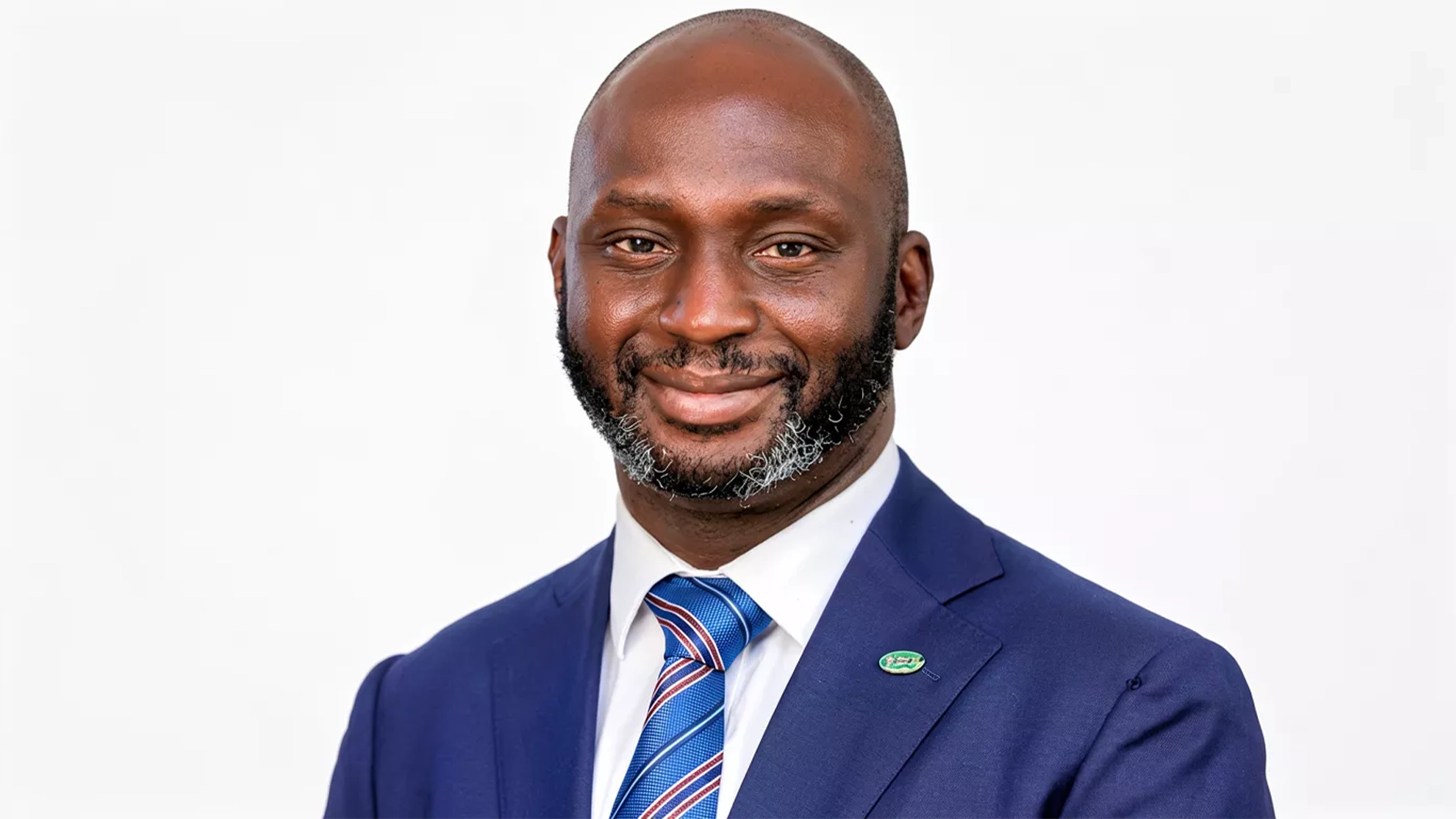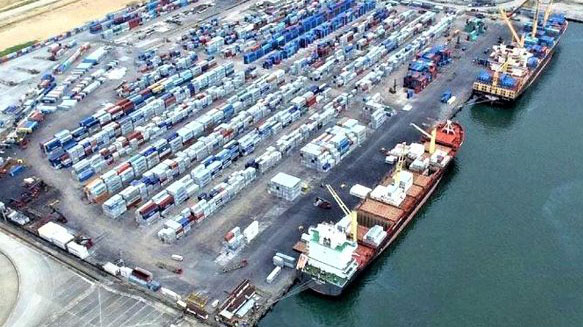The Minister of Agriculture and Food Security, Abubakar Kyari, has said that Nigeria’s journey to economic survival and global competitiveness lies in breaking away from oil dependency and building a robust non-oil export economy anchored on agriculture, value addition and industrialisation.
Delivering the keynote speech yesterday, at the 2025 FirstBank Agric and Export Expo, held in Lagos, the Minister, who was represented by his Special Adviser on Technical Affairs, Ibrahim Alkali, said the country’s stability and currency strength will only be secured through aggressive investment in agriculture and exports.
He stated: “Nigeria trembles when the naira falters, food and fuel costs climb. But when agriculture thrives, Nigeria breathes easier. This is a simple economic truth.”
Kyari warned that Nigeria’s overreliance on oil revenues has bred complacency and left the nation vulnerable to external shocks. He stressed that the fundamentals of economic reform under President Bola Tinubu’s Renewed Hope Agenda demand a decisive pivot from crude oil to food security and exports.
“Food sovereignty is the goal. Nigeria must not only feed itself but do so on its own terms, free from excessive dependency on imports,” he said.
The Minister lamented that despite 85 million hectares of arable land and one of the world’s youngest and most energetic populations, Nigeria accounts for less than 0.5 per cent of global agricultural exports. He cited Vietnam and Ghana as examples of countries that transformed modest resources into billion-dollar export industries, while Nigeria lags.
According to him, unlocking Nigeria’s export potential requires innovative financing that works for farmers, as traditional credit models often stifle rather than support growth. He urged the adoption of forward contracts, equity financing, pay-as-you-harvest models and other mechanisms that have sustained agribusiness success stories in countries like Brazil and Kenya.
Kyari also underscored the importance of infrastructure, standards and certification systems that will eliminate the recurrent rejection of Nigerian goods abroad. “If we want to build a non-oil export economy, then roads, rail, storage, ports and certification systems are not luxuries; they are fundamentals,” he said.
In her speech, the Minister of Industry, Trade and Investment, Dr Jumoke Oduwole, who was represented by the CEO of the Nigeria Export Promotion Council, Nonye Ayeni, said Nigeria’s prosperity depends on its ability to reposition itself as Africa’s leading hub for non-oil exports.
“The theme of this Expo speaks directly to one of the most pressing national priorities, diversifying Nigeria’s economy away from oil dependence by unlocking the full potential of agriculture and non-oil exports,” she said.
Oduwole outlined a comprehensive agenda that includes scaling agro-processing, strengthening farm-to-market linkages, reducing trade bottlenecks, and equipping SMEs with the tools to participate in global value chains. She described the upcoming National Single Window initiative which will digitise and harmonise all trade processes as a game-changer for exporters, drastically cutting time and cost while boosting transparency and compliance.
In his welcome address, FirstBank Group Managing Director and CEO, Olusegun Alebiosu, reaffirmed the institution’s historic commitment to agriculture and its determination to drive non-oil export growth.
Introducing himself “not only as a banker but also as a farmer,” Alebiosu said FirstBank has long understood the centrality of agriculture to national development. He said, “This Expo reflects our shared vision for a stronger, more resilient economy, one anchored on food security, agribusiness, solid minerals and, most critically, the expansion of non-oil exports.”
Alebiosu described the Agric and Export Expo as a “beacon of collaboration, innovation and sustainable growth” that has evolved into a defining platform for charting Nigeria’s economic future. According to him, FirstBank’s agricultural portfolio covers the entire value chain, from primary production to processing and export, with sector-focused financing solutions that enable farmers and exporters to compete globally.
Giving his goodwill message, Governor of Lagos State, Babajide Sanwo-Olu, commended FirstBank’s leadership role and described the Expo as a truly visionary platform that brings together policymakers, investors and entrepreneurs to address one of Nigeria’s most urgent needs: economic diversification.
Sanwo-Olu said Lagos, as Nigeria’s commercial capital and logistics hub, bears a responsibility to create an enabling environment for agribusiness and exports. “With the vast majority of goods exported out of the country passing through Lagos, we must continue to invest in infrastructure, ports and digital platforms that simplify trade processes and enhance competitiveness,” he said.
Similarly, the Governor of Niger State, Mohammed Umar Bago, commended FirstBank for convening the Expo, saying agriculture and export must go hand in hand with value addition.
According to him, producing raw commodities alone keeps farmers and the nation “perpetually broke,” while processing and packaging determine global prices. “If you produce and just export raw, you remain perpetually broke. You add value to it, you determine global price,” he said, urging more banks and financial institutions to support farmers with affordable financing.






